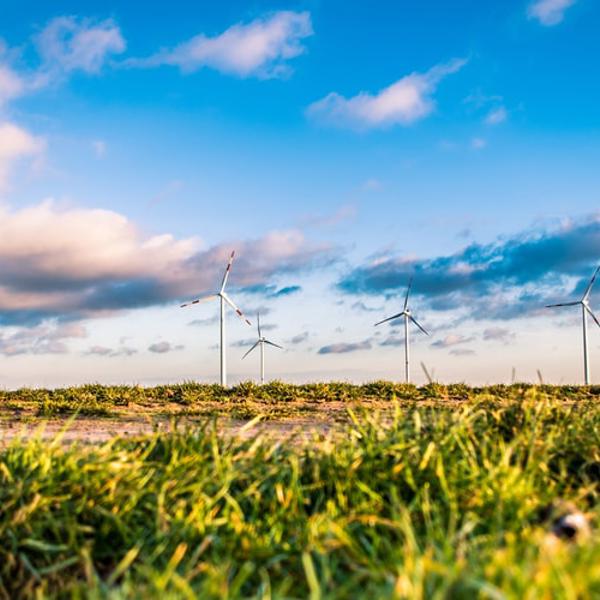
Legionnaires’ disease
Legionnaires’ disease is a type of pneumonia caused by breathing in tiny droplets of water that contain Legionella bacteria. These bacteria can build up in taps, shower heads, pipework, water tanks or cylinders, especially if water has not been flowing properly.
While anyone can get Legionnaires’ disease, some people are at greater risk, including:
- People over 45
- Smokers or heavy drinkers
- People with diabetes
- People with heart or lung conditions
The illness can be very serious, even fatal. But there are simple steps you can take to reduce the risk.
We carry out regular water safety checks in properties like apartment blocks that have shared water tanks or supplies. We also monitor temperatures, flush through systems, and complete full water safety checks before re-letting a home, even if it’s been done recently.
We also carry out regular fire risk assessments in any building with shared or communal areas. This includes checking:
- Fire alarms, replacing them where needed
- Gas, electrical and fire safety systems
- Flat entrance doors

Heating controls and frozen pipes
Knowing how to use your heating system helps keep your home warm, safe and energy efficient.
If you’re unsure how to manage your heating or thermostat, just contact us. We’re happy to help.
- If you have central heating, set your thermostat between 18°C and 22°C during the day
- On very cold nights, keep the heating on but turn the thermostat down slightly
- Remember, the higher you set the thermostat, the more fuel you’ll use
If you have central heating:
- Leave your heating on low. Set your thermostat to around 6°C to stop pipes from freezing
If you don’t have central heating:
- Turn off the water at the stop tap by turning the tap clockwise. It is usually near your kitchen sink
- Drain all cold water from your taps and tanks
- Turn off the immersion heater
- If you use a solid fuel boiler, let the fire burn out and then drain off the hot water
Make sure you know where your stop tap is and that it works. If it doesn’t, let us contact us straight away.
If a pipe bursts in your home, try to stay calm and follow these steps:
- Turn off the water at the stop tap. It’s usually near the kitchen sink
- If you can, also turn off any gate valves on your water tank
- Turn ON all cold taps to drain the water and remove sink and bath plugs
- Save some drinking water in a jug before draining
- Turn OFF your immersion heater and central heating if you have one
- If you have a solid fuel boiler, let the fire go out
- Turn ON your hot taps to drain the water
- If water is near lights or sockets, turn off the electricity at the meter
- Catch water in buckets and soak up leaks with towels to prevent any damage
- Put on warm clothes and try to keep dry while you wait for help



